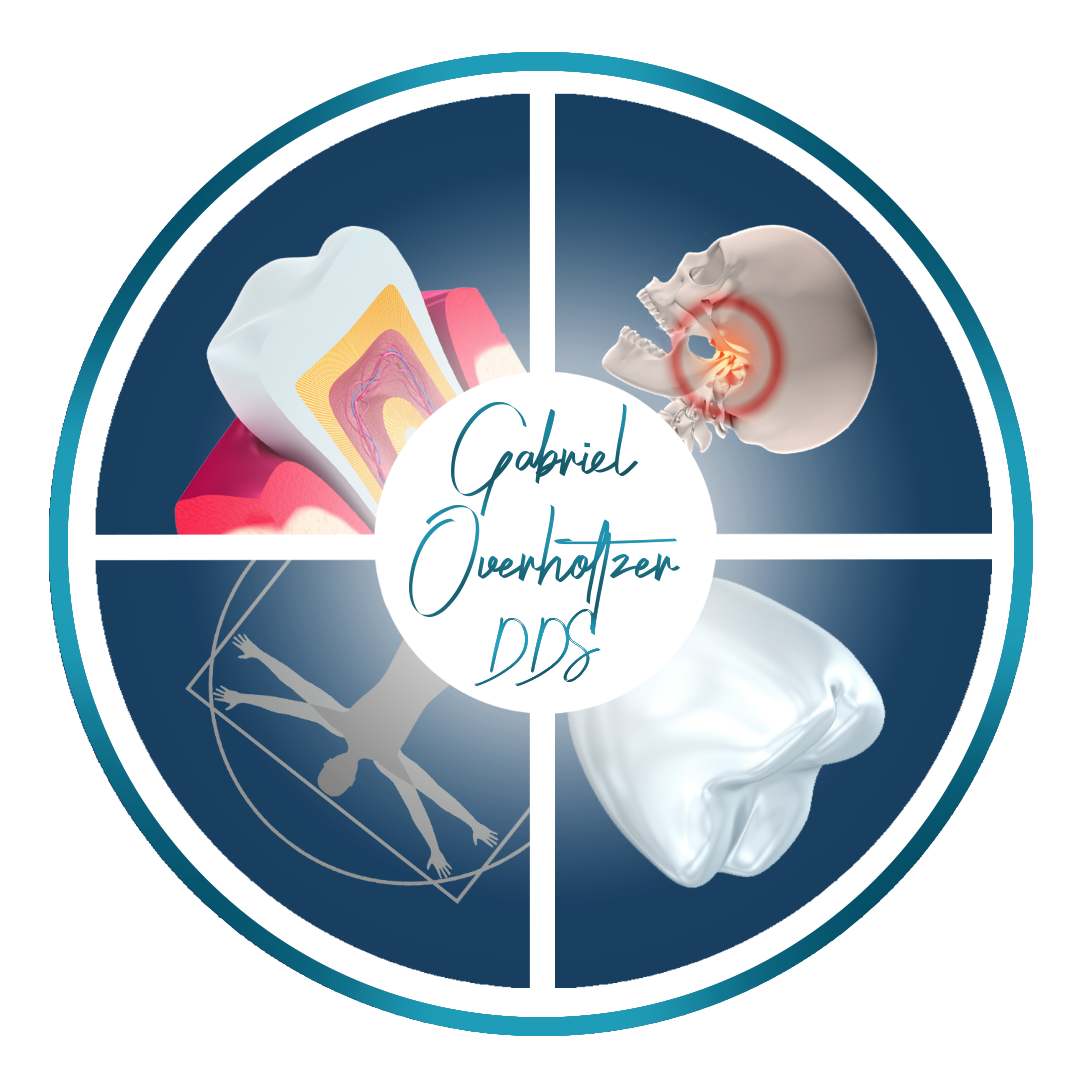Mouthguards are dental appliances that serve a crucial role in protecting your teeth, gums, and oral structures from potential harm and damage. Knowing when to use a mouthguard is essential for maintaining good oral health and safeguarding against various dental and health-related issues. In this article, we will explore the situations and circumstances in which you might need a mouthguard.
Sports and Athletic Activities
One of the most common scenarios in which a mouthguard is necessary is when engaging in sports and athletic activities. High-impact and contact sports, such as football, soccer, hockey, and martial arts, pose a risk of dental injuries. A well-fitted mouthguard provides a protective barrier, reducing the risk of broken teeth, knocked-out teeth, and soft tissue injuries.
Teeth Grinding (Bruxism)
Teeth grinding, or bruxism, is a condition where individuals clench or grind their teeth, often during sleep. This habit can lead to tooth wear, fractures, and even jaw pain or temporomandibular joint (TMJ) disorders. Nightguards or dental splints are custom-made mouthguards designed to prevent teeth grinding by providing a cushioning barrier between the upper and lower teeth.
Temporomandibular Disorders (TMD)
Temporomandibular disorders affect the jaw joint and the muscles responsible for jaw movement. TMD can manifest as jaw pain, clicking or popping sounds, and difficulty in opening or closing the mouth. Dentists may recommend occlusal splints or mouthguards to alleviate TMD symptoms by promoting proper jaw alignment and reducing muscle tension.
Protection Against Tooth Fractures
Mouthguards are not only for athletes; they can also serve as a protective measure against tooth fractures and chips. Individuals who are at risk of accidental falls or trauma, such as children, may benefit from wearing mouthguards while playing or participating in physical activities. Mouthguards provide a cushioning effect, minimizing the risk of dental injuries.
Snoring and Sleep Apnea
For individuals who snore or have mild obstructive sleep apnea, certain mouthguards, known as mandibular advancement devices (MADs), can be highly effective. MADs reposition the lower jaw slightly forward during sleep, helping to keep the airway open and reduce snoring and sleep-related breathing problems. They are a non-invasive and comfortable alternative to continuous positive airway pressure (CPAP) machines.
Preventive Dental Health
Mouthguards in Bishop or anywhere else can also play a preventive role in dental health. By protecting teeth from injury and damage, mouthguards help maintain the integrity of the natural dentition. This means fewer dental procedures, such as fillings, crowns, or dental implants, may be needed to address injuries or conditions that result from not using mouth protection.
Conclusion
Knowing when to use a mouthguard is essential for preserving oral health, preventing dental injuries, and enhancing overall well-being. Mouthguards are necessary during sports and athletic activities to reduce the risk of dental injuries. They are also recommended for individuals who grind their teeth (bruxism), suffer from temporomandibular disorders (TMD), or are at risk of tooth fractures. Additionally, mouthguards can alleviate snoring and mild sleep apnea and serve a preventive role in maintaining dental health. If you or your child falls into any of these categories, consider consulting with a dentist to explore the appropriate mouthguard options for your specific needs, ensuring the protection and well-being of your oral health.
